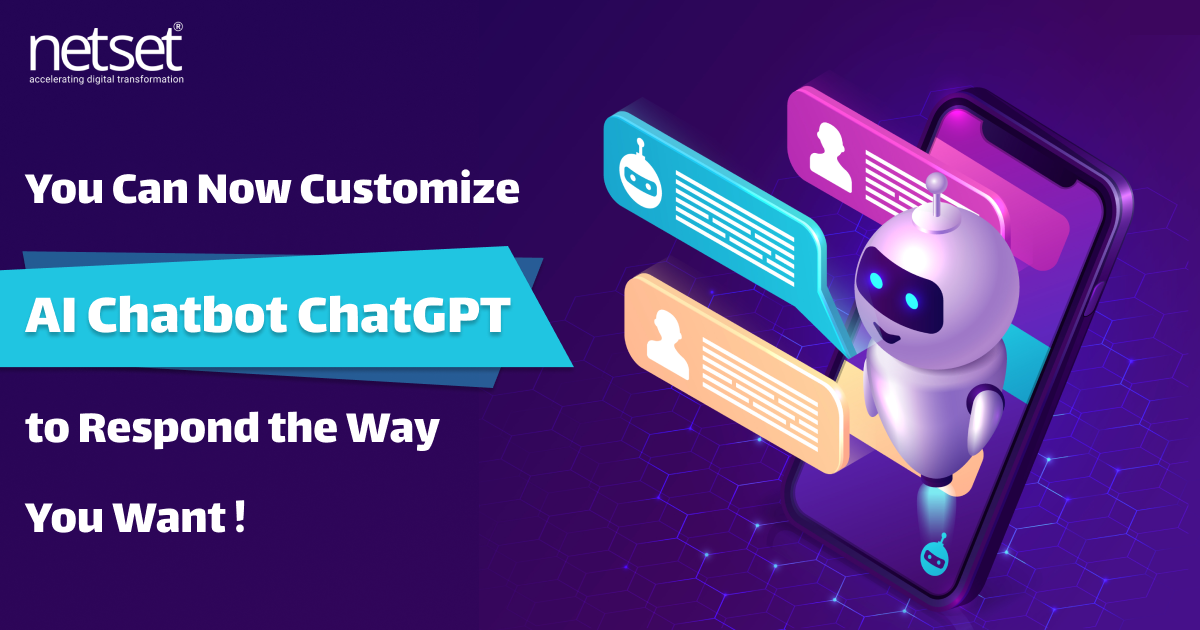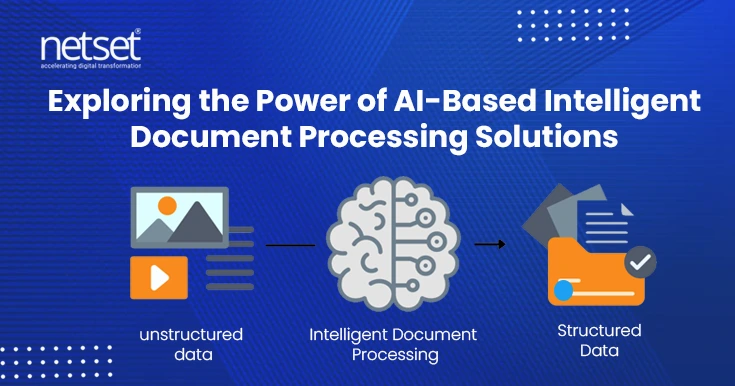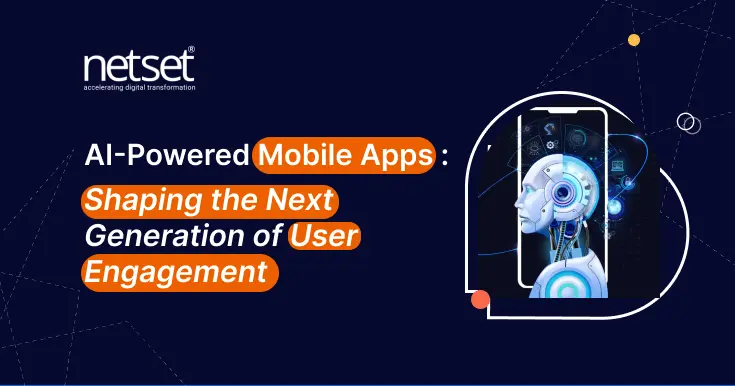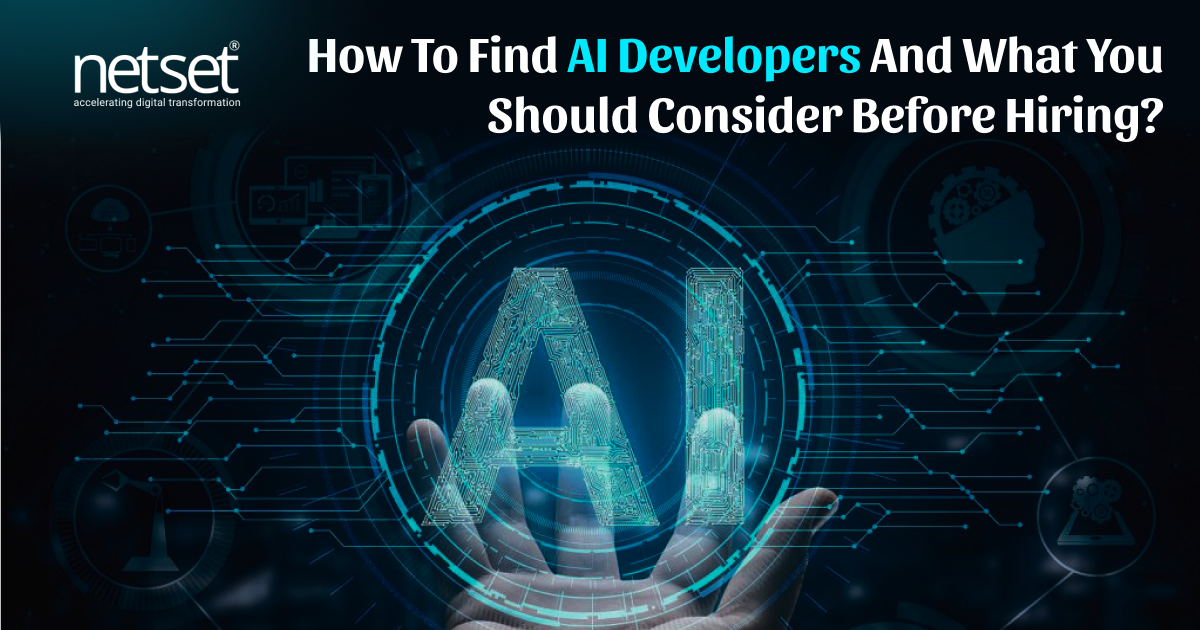AI in Healthcare: The Impact of Virtual Health Assistants

Have you ever found yourself anxiously searching the internet for health symptoms, only to be met with frightening or perplexing results? In today’s unpredictable world, the importance of health has become more evident than ever. It’s a valuable asset that demands consistent care, regardless of life’s uncertainties. This is where the revolutionary role of Artificial Intelligence in healthcare comes into play.
AI virtual assistant healthcare is emerging as a game-changer, offering accurate, immediate, and personalized medical guidance. In this guide, we will go through the benefits, challenges, use cases, and how it is revolutionizing the modern healthcare industry. So, let’s get started without further delay.
Overview Of Virtual Assistants in the Healthcare Industry
Virtual healthcare assistants are like smart helpers that use AI to make doctors’ and patients’ lives easier. They can schedule appointments, answer basic health questions, and remind patients to take their medicine. They’re always ready, working 24/7, so people can get help anytime. They analyze the inputs given by users, process them, and then offer solutions in the form of text or voice as requested.
These assistants are not just for answering questions; they’re getting smarter and can even help doctors with patient records and data. This helps doctors focus more on treating patients. For students, it’s exciting to see how technology is changing healthcare, making it faster and more efficient, while still being caring and personal.
Responsibilities of A Virtual Healthcare Assistant
To get a detailed idea of what virtual assistants do, here are some points that will provide more clarity:
- Administration: Virtual Assistants handle tasks like scheduling appointments, organizing files, and managing calendars. This reduces the workload on healthcare providers, allowing them to focus more on patient care.
- Medical Record Assistance: They assist with Electronic Medical Records (EMR) and Health Records (EHR). Through video conferencing, they can take patient notes and maintain accurate records, streamlining healthcare processes.
- Financial Management: They handle finances, from invoicing to bill payments and accounting. Employing a virtual assistant is often more cost-effective than a physical assistant.
- Practice Expansion: Virtual Assistants manage social media, collaborate with organizations, handle feedback, and update websites. This helps expand the healthcare provider’s reach and reputation, attracting more patients.
- Online Coordination: They ensure all reports, databases, and documents are securely saved online for easy access. Virtual Assistants also manage and set up virtual appointments and consultations, enhancing patient-doctor interaction.
Benefits Of Investing In Artificial Intelligence Development Solutions
We have mentioned the exclusive advantages that enterprises will enjoy by investing in AI software development solutions:
- Better Healthcare Reach: AI Health Assistants expand healthcare access, especially in remote areas. By implementing AI in healthcare, patients can receive medical guidance from anywhere, reducing the need to travel long distances for consultations. This aspect of AI development solutions makes healthcare more accessible to a wider population.
- Saving Money: AI software development solutions in healthcare streamline operations, leading to significant cost reductions. Automated systems and AI tools handle repetitive tasks, cutting down on labor costs and resource use. This efficiency translates into more affordable healthcare services for patients.
- Healthier Patients: The use of conversational AI tools in healthcare improves patient outcomes. These technologies enable more accurate diagnoses and tailored treatment plans, ensuring patients receive the best possible care. This leads to quicker recoveries and better overall health.
- Doing More in Less Time: 24/7 virtual assistants and other AI solutions enhance efficiency in healthcare settings. They swiftly manage administrative tasks like scheduling and patient record keeping, freeing up healthcare professionals to focus more on patient care and less on paperwork.
- Better Communication: Virtual healthcare assistants bridge the communication gap between doctors and patients. They simplify medical jargon and assist in understandably conveying complex health information. This improved communication ensures patients are better informed about their health and treatment plans.
Addressing Healthcare Challenges with Virtual Assistants
Technology is a big helper in healthcare, and virtual assistants are leading the way. They solve some common problems:
Saving Time: Patients can quickly chat with healthcare bots about their symptoms. This means they get help faster, without the long process of making and waiting for appointments.
Better Communication: For those who find healthcare apps difficult, AI virtual assistant healthcare is a relief. Patients can easily talk to them about health issues, making communication smoother.
Smart Tech: Virtual assistants are getting smarter. They understand emotions and can even recognize images and scripts. This helps them give a more complete response, making their advice and support more accurate and helpful.
AI Health Assistant Platform: A 24/7 Virtual Assistant Available At Your Fingertips
Imagine having a health expert always ready to help, right in your pocket. With the AI Health Assistant, you can get healthcare advice whenever you need it, without the hassle of doctor visits or confusing medical terms. This platform isn’t just about answering health questions; it’s a comprehensive tool for your entire health journey.
- AI-Powered Interactions: Ask any health question and get expert-level insights, all from home.
- Clinical Report Analysis: Upload reports for quick, precise analysis, helping doctors diagnose faster.
- Easy Appointment Management: Schedule doctor visits effortlessly, without the usual stress.
- Enhanced E-Prescriptions: Safe and accurate prescribing, thanks to a smart database.
- Accurate Diagnoses: AI helps doctors with preliminary assessments for better treatment plans.
Your data is secure and private, with strict adherence to HIPAA standards and regular security checks. The AI Health Assistant is for everyone: patients, doctors, researchers, and students. It makes healthcare simpler, smarter, and more accessible for all.
Conclusion
Investing in virtual assistants in healthcare is not just a step toward innovation; it’s a leap toward a more efficient, accessible, and personalized healthcare experience. These AI-driven assistants offer a multitude of benefits, from streamlined appointment scheduling to accurate medical diagnoses, significantly enhancing patient care and provider efficiency. As a leading company in AI development solutions, Netset Software is at the forefront of designing and implementing these virtual assistants, ensuring that the healthcare industry evolves with the times, offering better care and improved outcomes for everyone involved.




